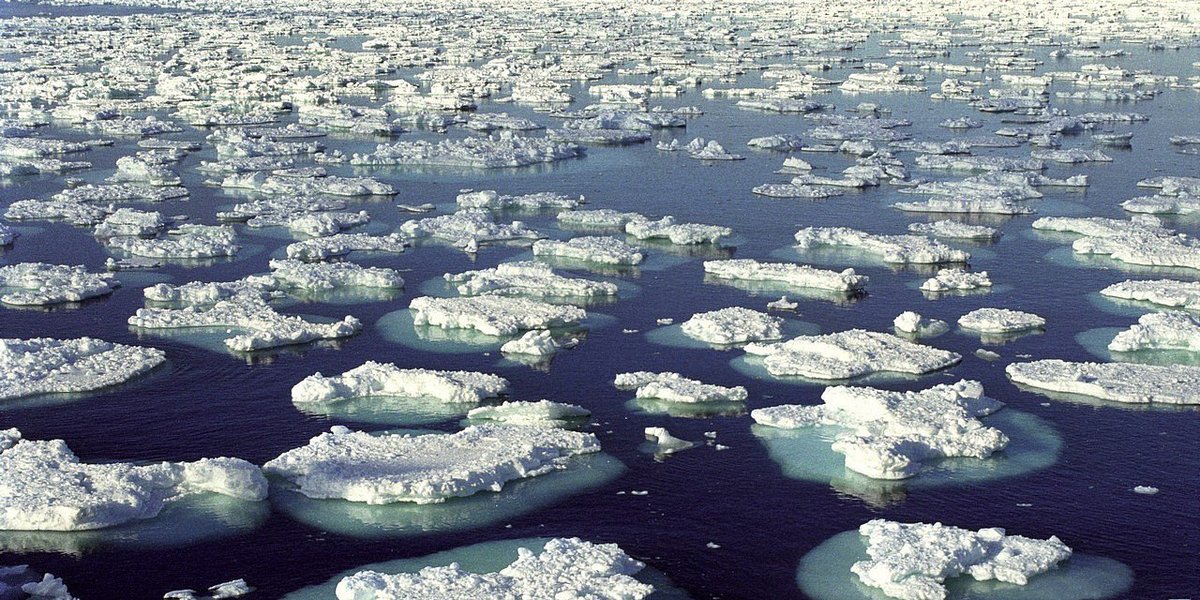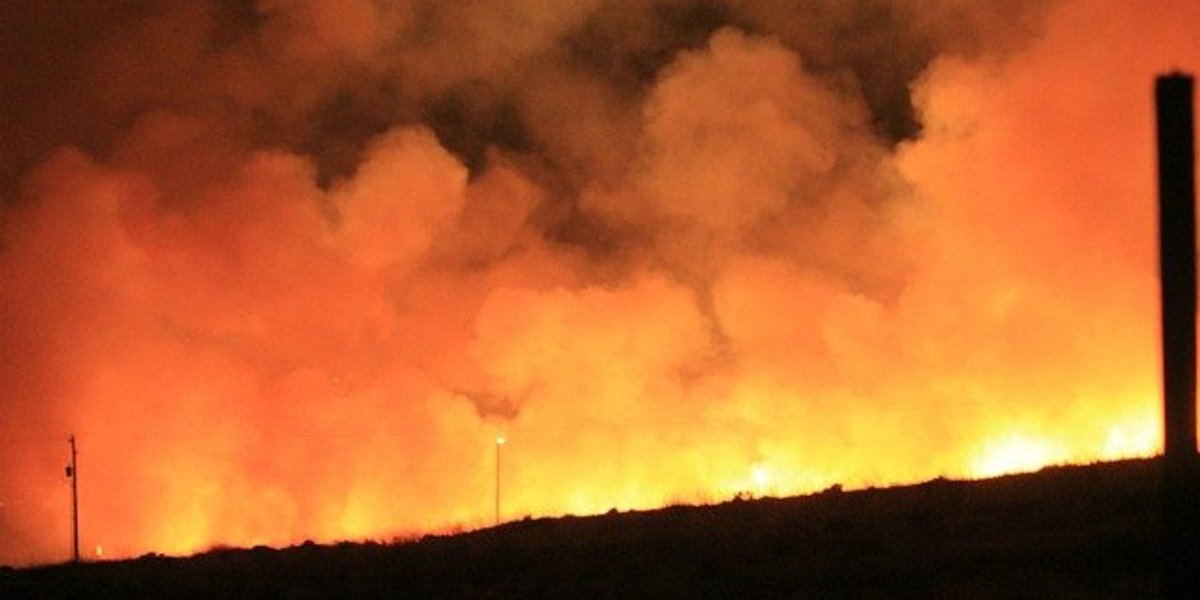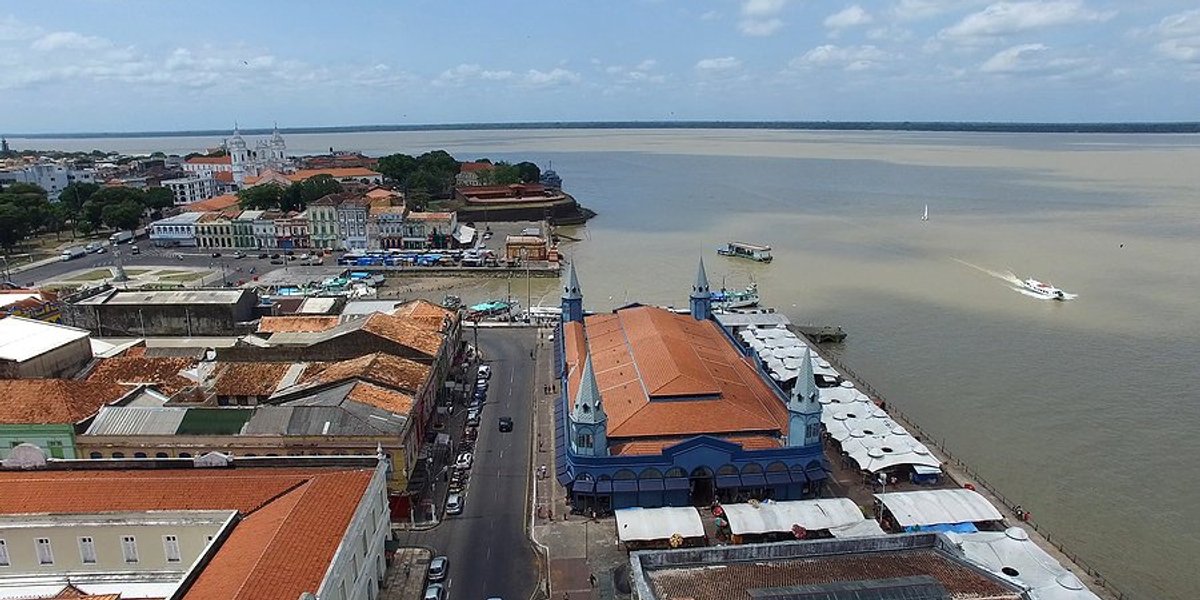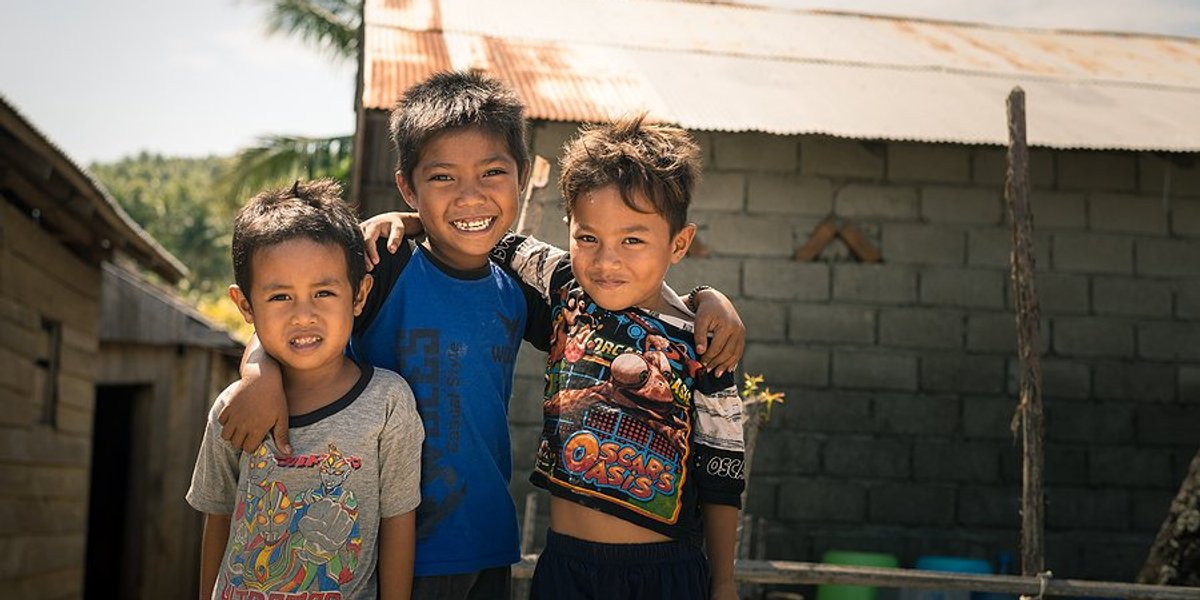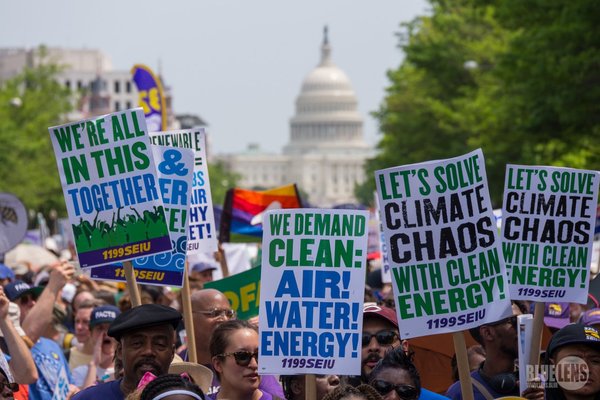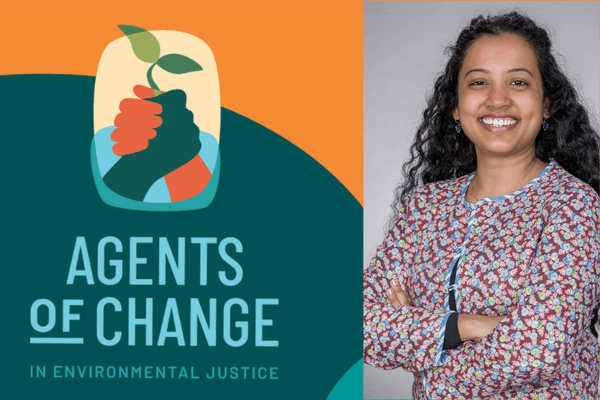
Funding disputes persist as climate talks enter final days
Negotiators at the COP29 summit in Baku face significant divides over how to fund climate efforts for vulnerable nations, raising concerns about reaching a final agreement.
David Gelles and Brad Plumer report for The New York Times.
In short:
- Delegates from nearly 200 countries are debating how to finance climate aid, with proposals ranging from billions to trillions annually for nations most vulnerable to the impacts of climate change, mainly fueled by developed nations.
- Key disagreements include who should contribute—wealthy nations or major emerging emitters like China—and how funds should be distributed.
- Concerns are growing that the summit could end without a deal, echoing the failure of the 2009 Copenhagen conference.
Key quote:
“Developed nations continue to display a disturbing level of apathy, viewing vital climate finance as mere investments rather than the lifeline that developing countries urgently need.”
— Harjeet Singh, global engagement director at the Fossil Fuel Non-Proliferation Treaty Initiative.
Why this matters:
Developing nations face escalating climate impacts and require substantial financial support to adapt and transition to clean energy. Failure to agree on funding could weaken global efforts to combat climate change and deepen inequalities between nations.
Read more: Wealthy nations struggle to meet climate funding demands from poorer countries

